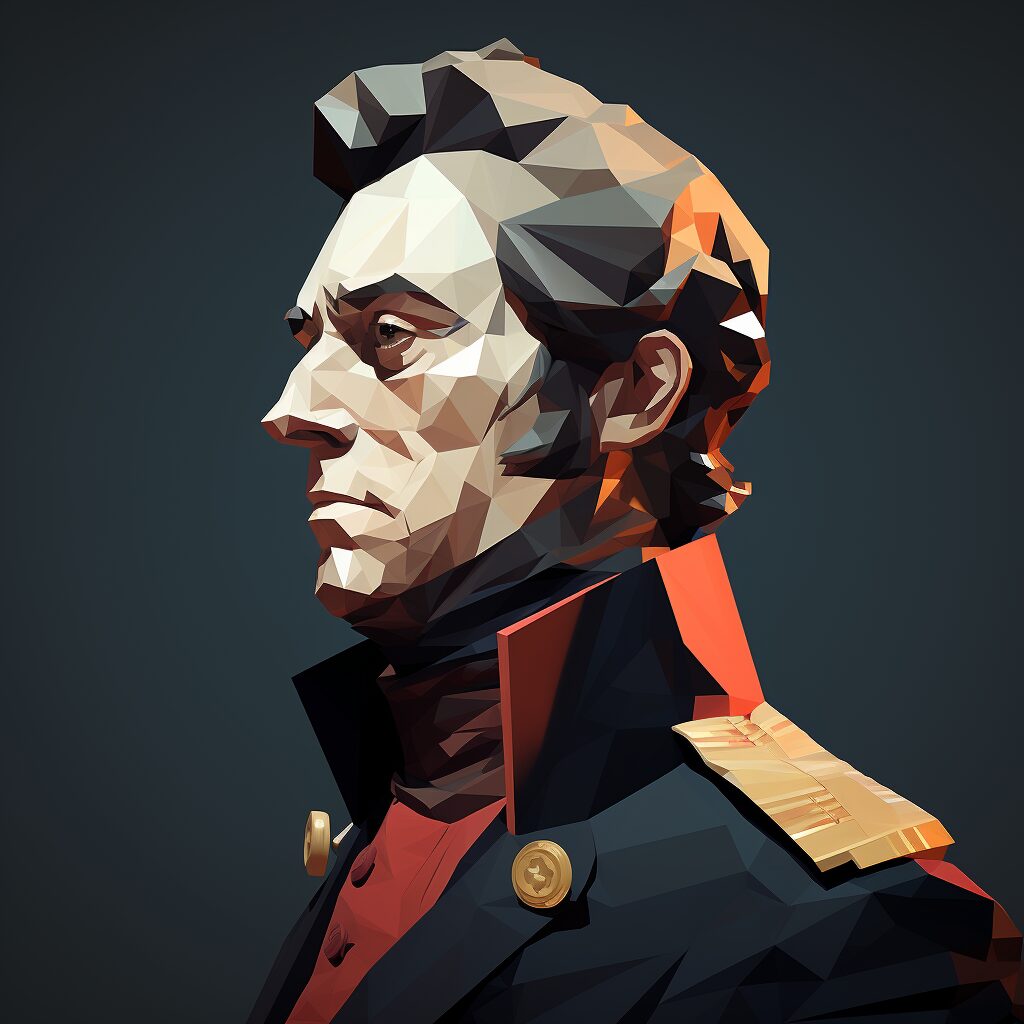George Arthur French Quotes
- Military officer
- Ireland
- 1841
George Arthur French (1841-1919) was a Canadian author, journalist, and politician. He was a prominent figure in the development of Canadian literature and was the first Canadian to be elected to the Royal Society of Literature. He wrote several novels, including The Story of the Upper Canada Rebell…Read More
George Arthur French (1841-1919) was a Canadian author, journalist, and politician. He was a prominent figure in the development of Canadian literature and was the first Canadian to be elected to the Royal Society of Literature. He wrote several novels, including The Story of the Upper Canada Rebellion (1885), The History of the Late Province of Lower Canada (1890), and The History of the Late Province of Upper Canada (1891). He also wrote several short stories, including “The Man Who Could Not Die” (1890) and “The Lost Trail” (1891). French was also a member of the Legislative Assembly of Ontario from 1883 to 1887. He was a strong advocate for the rights of Indigenous peoples and was a leader in the development of Canadian literature.Read Less
George Arthur French (1841-1919) was a Canadian author, journalist, and politician. He was a prominent figure in the development of Canadian literature and was the first Canadian to be elected to the Royal Society of Literature. He wrote several novels, including The Story of the Upper Canada Rebellion (1885), The History of the Late Province of Lower Canada (1890), and The History of the Late Province of Upper Canada (1891). He also wrote several short stories, including “The Man Who Could Not Die” (1890) and “The Lost Trail” (1891). French was also a member of the Legislative Assembly of Ontario from 1883 to 1887. He was a strong advocate for the rights of Indigenous peoples and was a leader in the development of Canadian literature.
George Arthur French Career Highlights
George Arthur French was a highly decorated British Army officer who served during the late 19th and early 20th centuries. He is best known for his role as the first Inspector General of the Royal Irish Constabulary, a position he held from 1896 to 1901. French also served as the Commander-in-Chief of the British Army in Ireland from 1901 to 1905, and as the Commander-in-Chief of the British Army in India from 1905 to 1910.
Key Contributions by George Arthur French
During his time as Inspector General of the Royal Irish Constabulary, French implemented a number of reforms that greatly improved the efficiency and effectiveness of the police force. He also played a crucial role in suppressing the Irish Rebellion of 1798, earning him a knighthood and the admiration of his superiors.As Commander-in-Chief of the British Army in Ireland, French oversaw the implementation of the Wyndham Land Act, which aimed to improve the living conditions of Irish tenants. He also worked to improve relations between the British Army and the Irish population, earning him the nickname “The Peacemaker.”
What Sets George Arthur French Apart
What sets George Arthur French apart is his exceptional leadership skills and his ability to adapt to challenging situations. He was known for his strategic thinking, his strong sense of duty, and his unwavering commitment to his country. French was also highly respected by his peers and subordinates, who praised his fairness and compassion.
Takeaways
George Arthur French’s career highlights serve as a testament to his dedication and service to his country. His contributions to the Royal Irish Constabulary and the British Army in Ireland and India have left a lasting impact on the history of these organizations. French’s leadership and legacy continue to inspire future generations of military leaders.









